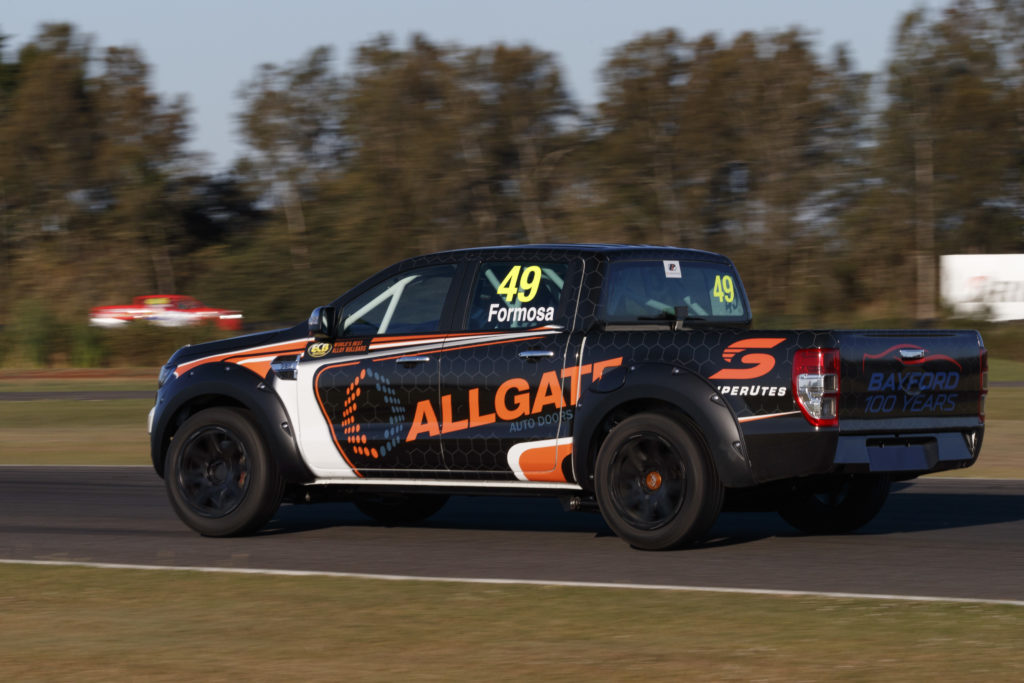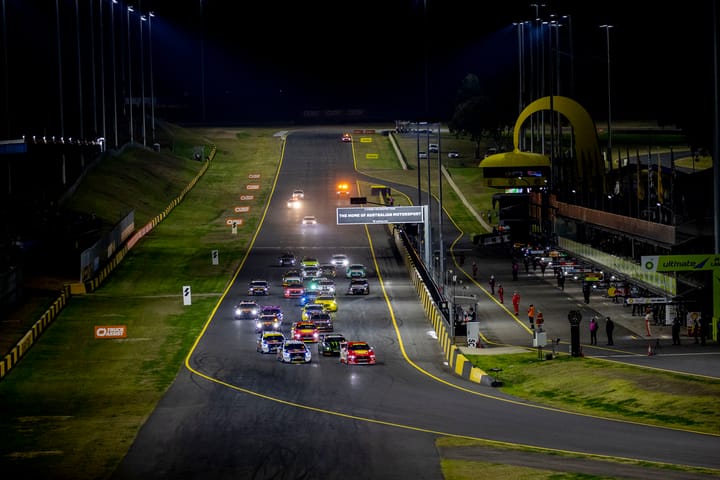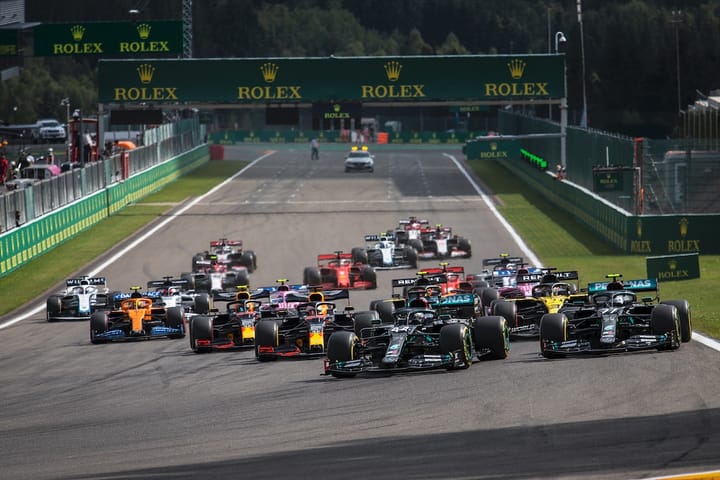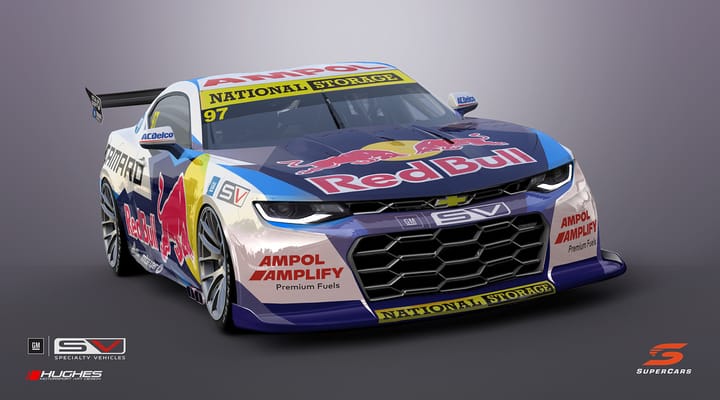SUVs Heading For Supercars
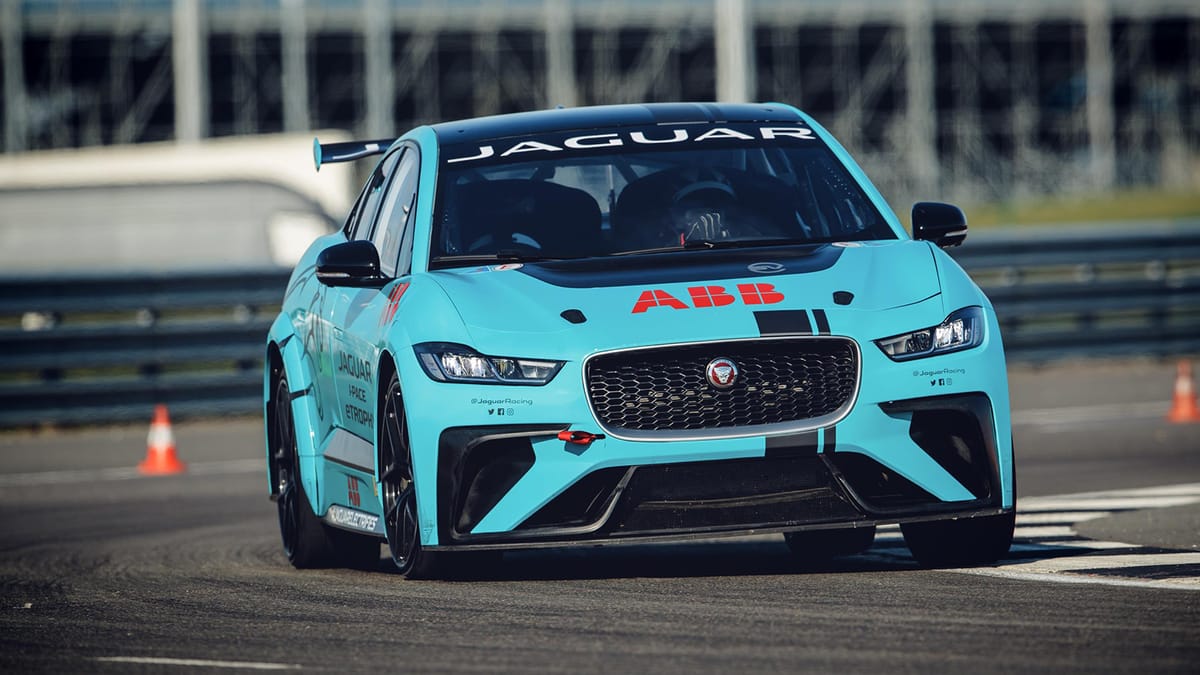
A new world order could eventually see a grid of SUVs competing for the Supercars championship in Australia.
The early stages of the SUV revolution are underway as Jaguar goes electric racing with its I-Pace in a one-make series that supports the Formula E series that has been a huge hit with carmakers including Audi, BMW, Mahindra, Mercedes-Benz, Nissan, Porsche and, of course, Jaguar.
Holden was even investigating the motorsport potential for its Equinox family bus before its shutdown.
The shift to SUVs is as inevitable as the downturn in sales and support for traditional four-door sedans, like the Commodore and Falcon, that have been the bedrock of Supercars for generations.
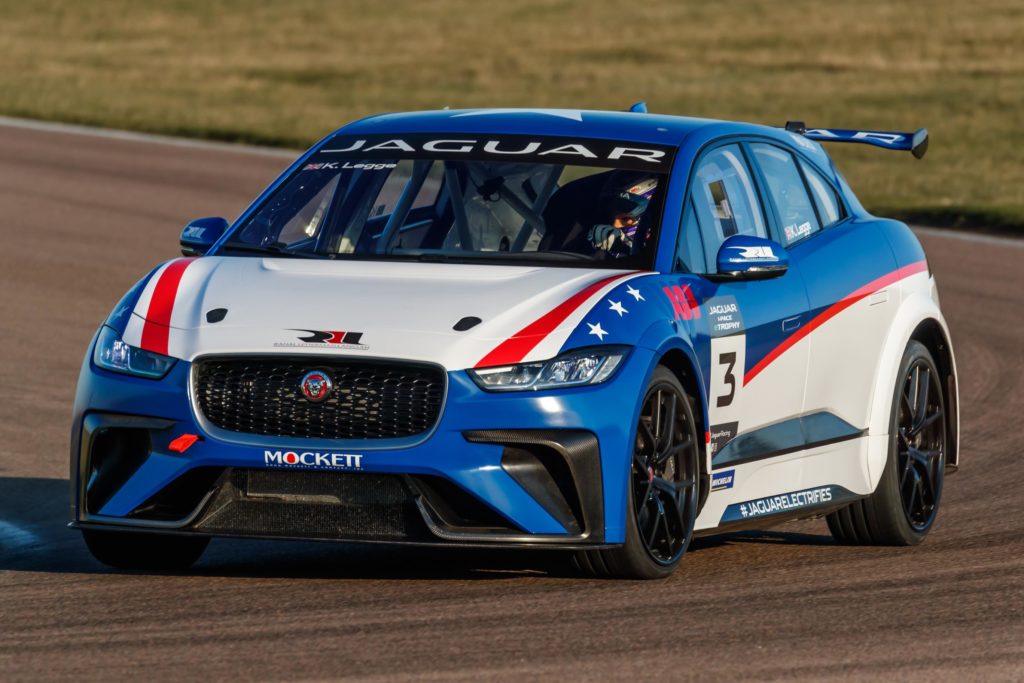
SUVs already outsell passenger cars in Australia and there is a growing focus on go-faster models like the AMG-Benz and BMW M models, with the Aston Martin DBX proving that a sporty SUV can be more than just a giant box.
There have been early attempts to wean Australian motorsport away from passenger cars, although the attempt to reinvent ute racing looks likely to be short-lived despite the latest switch to V8 engines.
But sporty SUVs cannot be dismissed, as the world is rapidly approaching a time when key brands park traditional body styles in favour of crossover and SUV configurations.
The next crop of light and small cars from key brands such as Toyota, Mazda, Nissan, Ford General Motors and the PSA Group in France will all be crossovers first, SUVs second, with perhaps hatches or sedan as a third body style.
That effectively means that hot hatches will evolve to be hot crossovers.
So the baby cars that have typically been the base for WRC factory vehicles and one-make series around the globe, as well as turbocharged TCR hot hatch racing, will continue to have three and five doors but will closer to the high-riding, plastic-clad, off-road wannabes.
Inevitably, the next generation of classes such as TCR, Clio Cup, MINI Challenge, the British Touring Car Championship and other production-based formulas around the globe will transition to these popular body styles.
Inevitably, SUVs will also be considered for NASCAR in the USA, DTM in Germany and even Supercars.
The arrival of more-stylish SUV coupes, including the Porsche Cayenne and Aston’s DBX, means the won’t have to be big boxes.
The DTM is in giant trouble after the rapid withdrawal of leading carmakers in recent years, but with former F1 racer Gerhard Berger at the helm it’s easy to imagine a born-again showroom-based championship with SUV hybrid coupes from Audi, BMW, Mercedes-AMG, Aston Martin and perhaps even Lexus and Genesis.
The right heights and aero would be modified from those of the road cars, that is no different from the current coupe-based racing bodies in the DTM.
In Australia, Supercars is already moving to coupe bodies with the Ford Mustang and the upcoming Gen3 regulations will continue that focus.
There are already rumblings from the USA that NASCAR could move towards SUV bodies, although that will need Chevrolet and Ford to have something more performance focussed than their existing giant boxes.
But SUVs are definitely coming to racing, and that includes Supercars.
Mike Sinclair is the editor-in-chief of carsales.com.au
